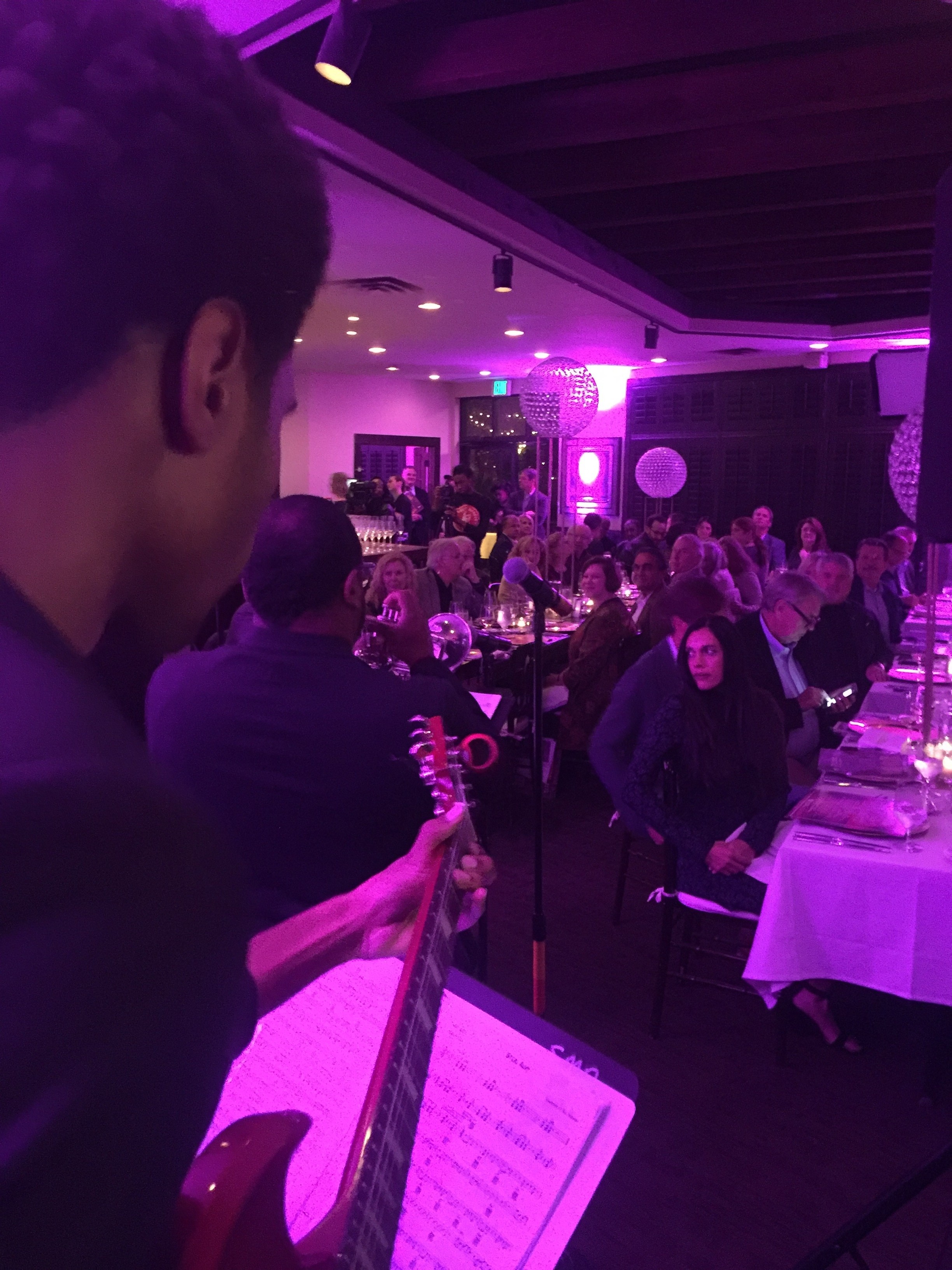 MIchael Donahue
MIchael Donahue
Heart Full of Soul at Napa Cafe
Instead of playing bass, Andre Banks reclined in a restaurant booth.
It was his foot.
“I popped it out of place playing basketball,” he says.
And, he says, “It’s really swollen.”
He couldn’t stand up and play, but he was on hand to lend moral support to his fellow Stax Music Academy performers who played at Heart Full of Soul, the annual fund-raiser at Napa Cafe. The benefit for Stax Music Academy, which was founded by Napa Cafe owner Glenda Hastings, was held Nov. 11th.
The four-course meal included “The Tribute to Johnnie Taylor” (tempura goat cheese salad), “The Music of the Staple Singers” (seared sea scallop with melted leeks and peas), “The Soul Explosion” (shrimp and grits), and “The Music of Isaac Hayes” (braised beef short ribs, lentil stew and mashed potatoes).
Veronica Hayes and Nikki Hayes McGee, daughters of the late Isaac Hayes, were among the guests.
“Glenda Hastings put on a fabulous event honoring Stax legends,” Hayes says. “The students, under the direction of Paul McKinney, were beyond perfect and engaging. The tribute to my dad brought me and my sister Nikki Hayes McGhee to tears. It was an evening filled with great food, wine and entertainment. It doesn’t get any better than that.”
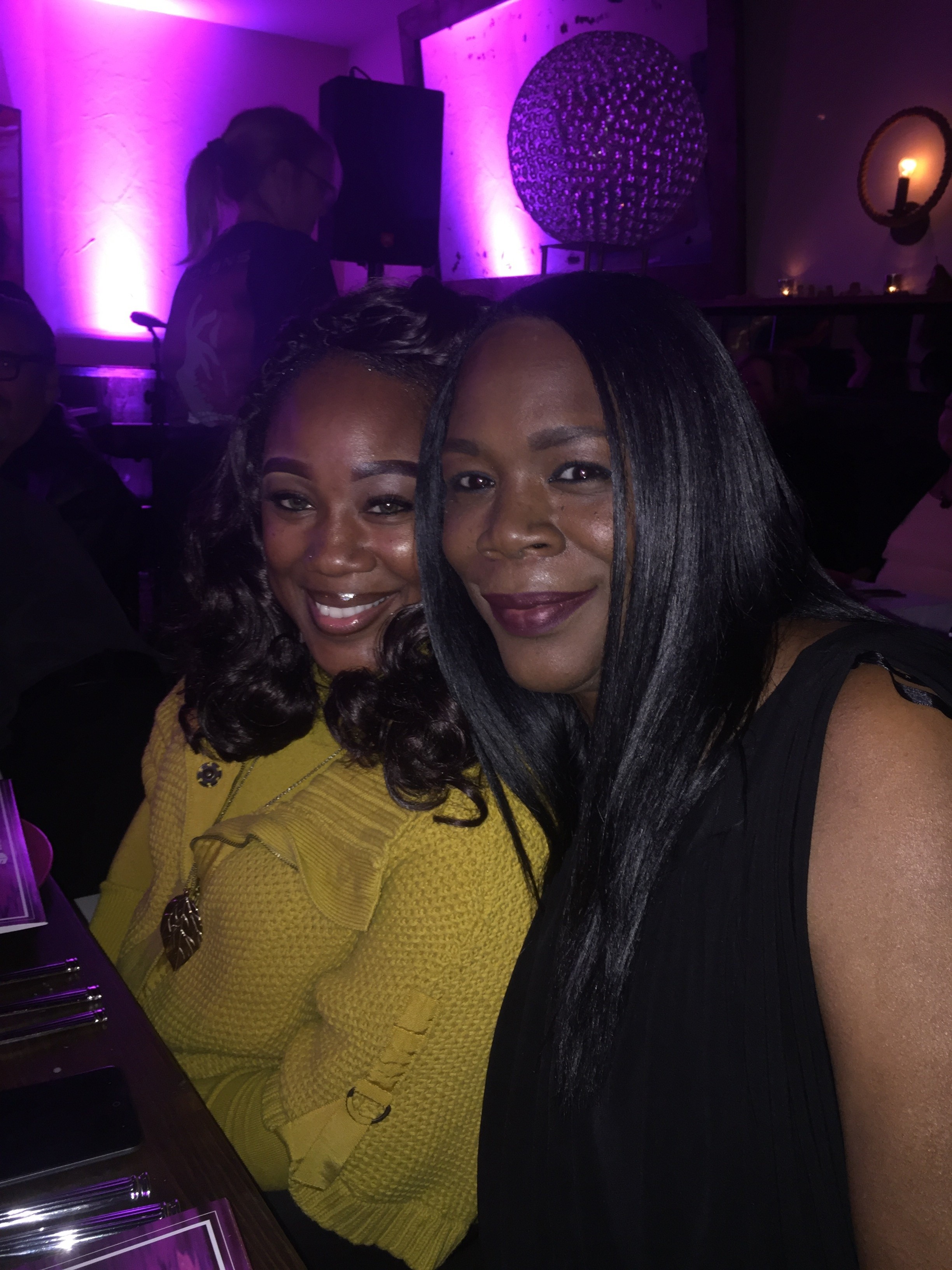 Michael Donahue
Michael Donahue
Nikki Hayes McGhee and Veronic Hayes – daughters of the late Isaac Hayes – were at Heart Full of Soul.
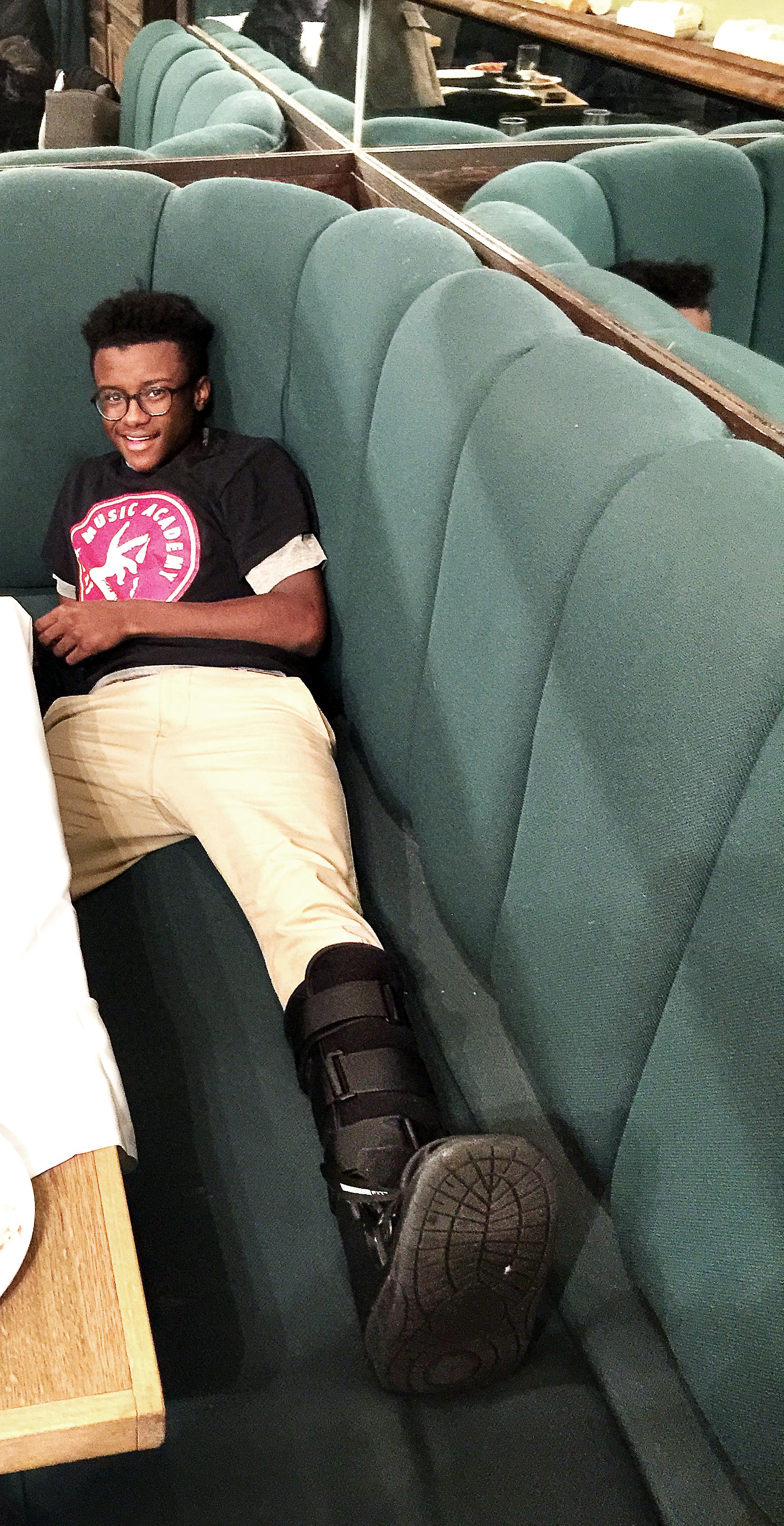 Michael Donahue
Michael Donahue
Andre Banks at Heart Full of Soul.
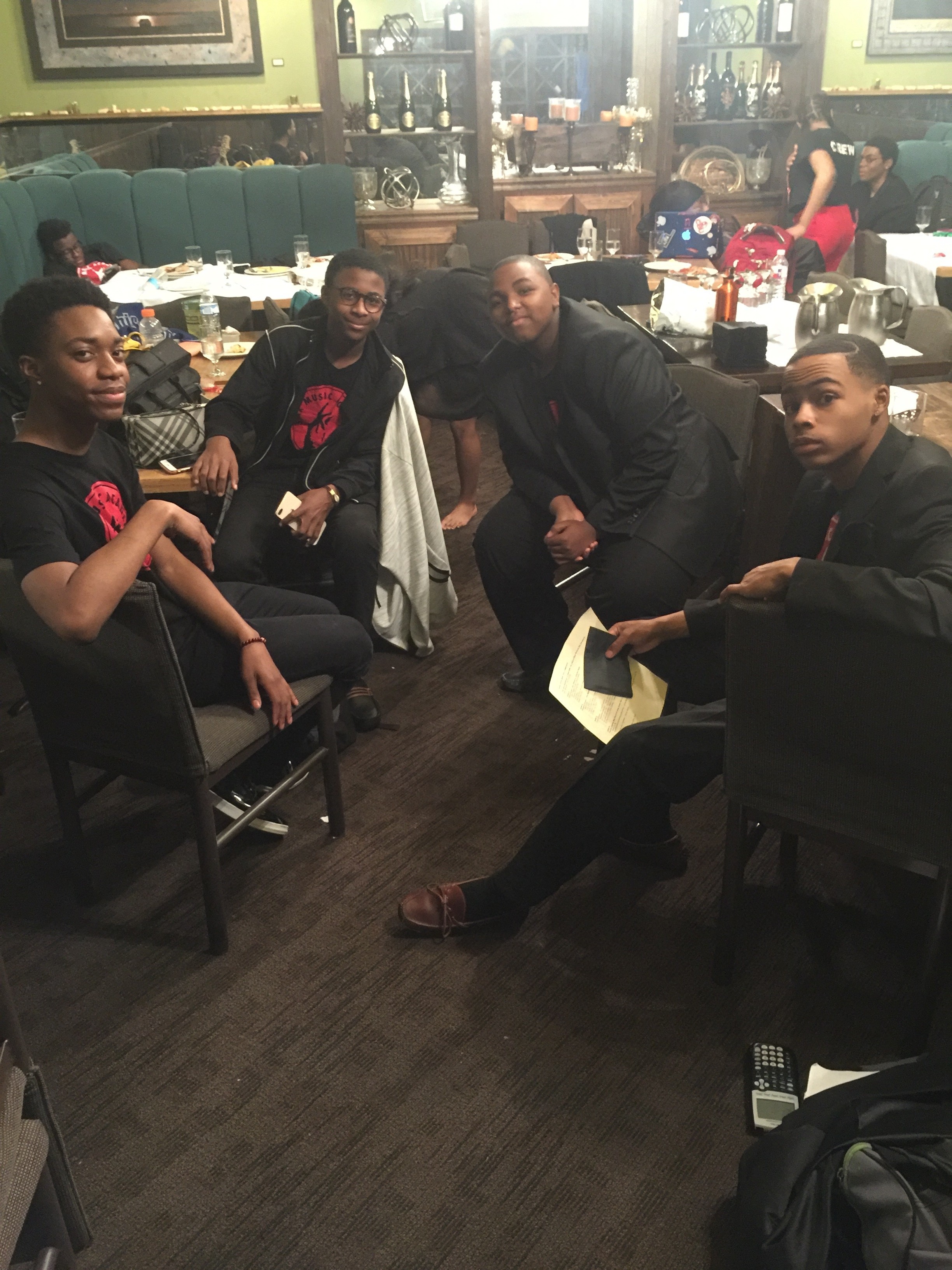 Michael Donahue
Michael Donahue
Heart Full of Soul
……….
 Michael Donahue
Michael Donahue
Caitlin Motte, Dr. Brad Somer and Jason Motte at Memphis Cornhole Challenge.
If you don’t know how to play cornhole, think bean-bag toss.
Two teams throw the bean bags at holes in a board 27 feet away. If they go in the hole, they score points. And you have to get to 21 or win by two points.
I attended the seventh Memphis Cornhole Challenge, which was held November 10th at The Columns.
The event was hosted by former Major League baseball player Jason Motte and his wife, Caitlin on behalf of the Jason Motte Foundation, which benefits people affected by all types of cancer.
This year’s event raised $47,000 for the West Cancer Center.
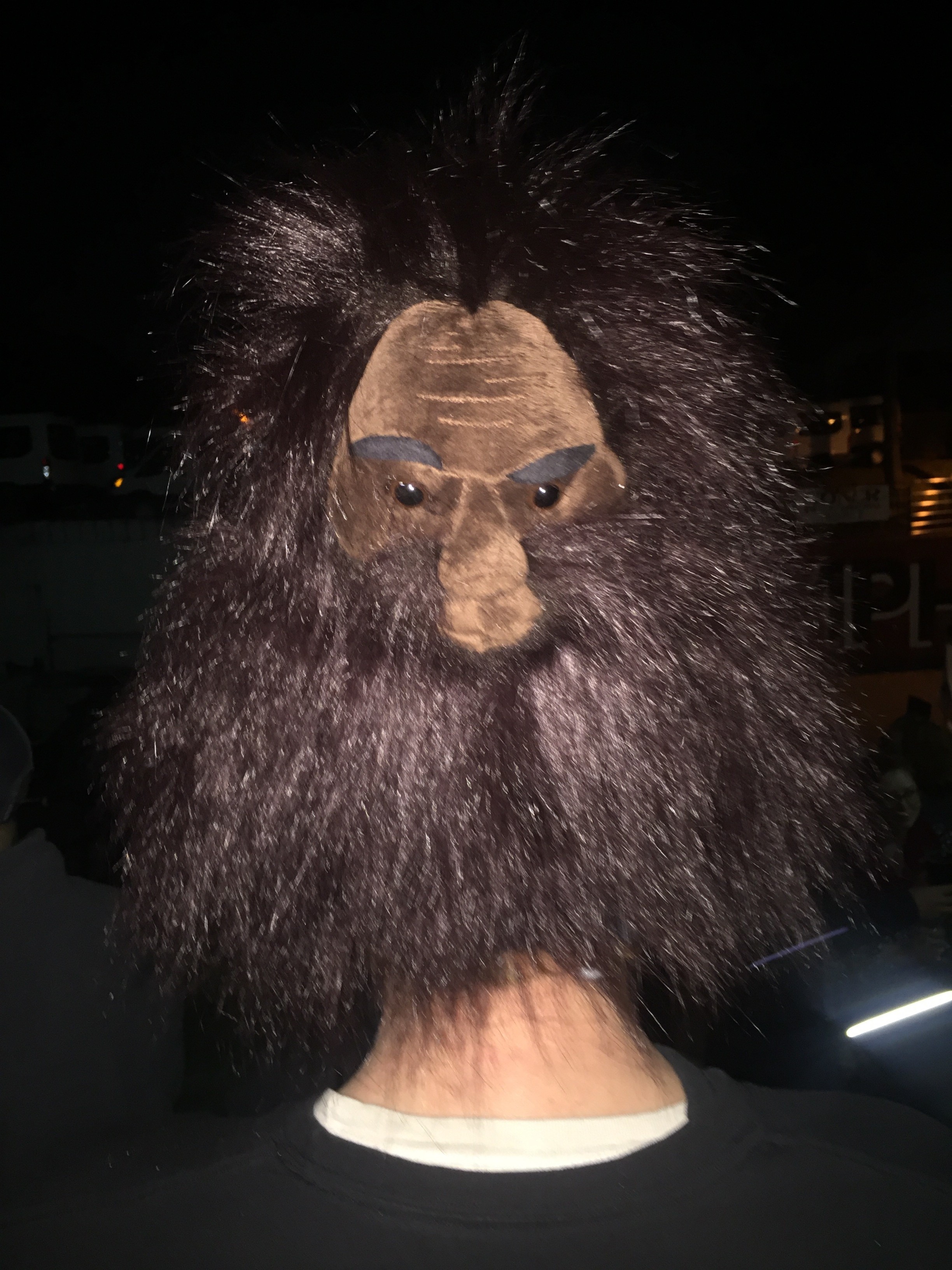 MIchael Donahue
MIchael Donahue
Kevin Harlow wore a Bigfoot on his head.
…………….
 Michael Donahue
Michael Donahue
Kevin Harlow
The second annual Memphis Bigfoot Festival, held November 19th at Memphis Made Brewing, is the city’s celebration of Sasquatch, a tall, hairy primate that reportedly exists in Canada, northwestern United States, and maybe even in the Mid-South.
About 300 attended the event, which included trivia, videos, T-shirts, panel discussions, and a costume contest.
Kevin Harlow wore a cap with a Bigfoot head on the back.
“I made this hat out of a golf club head cover,” he said. “I took it off and stitched it on.”
Is Harlow a believer? “No, I don’t believe in Bigfoot. But I’m here because it was a beer festival and we didn’t have anything to do.”
I asked Mark Ramsay and Betsy Prendergast why they were at the Bigfoot Festival.
“Half of us are here ironically,” Prendergast said.
“And the other half not ironically,” Ramsay said. “And we’re all happy here together.”
………………………………
 Michael Donahue
Michael Donahue
Melanie Pafford at Howl at the Moon. Melanie, along with her husband, Kent, are founders of Streetdog Foundation,
Grape, The Strayz, Shufflegrit, The Handy Band, and DJ Tree provided music to accompany guests who wanted to howl at the moon at the sixth annual Howl at the Moon fundraiser for Streetdog Foundation. It was held November 10th at The Warehouse.
A total of 1,000 people attended the event, which raises about 70 percent of Streetdog’s operating budget for the year.
……………..
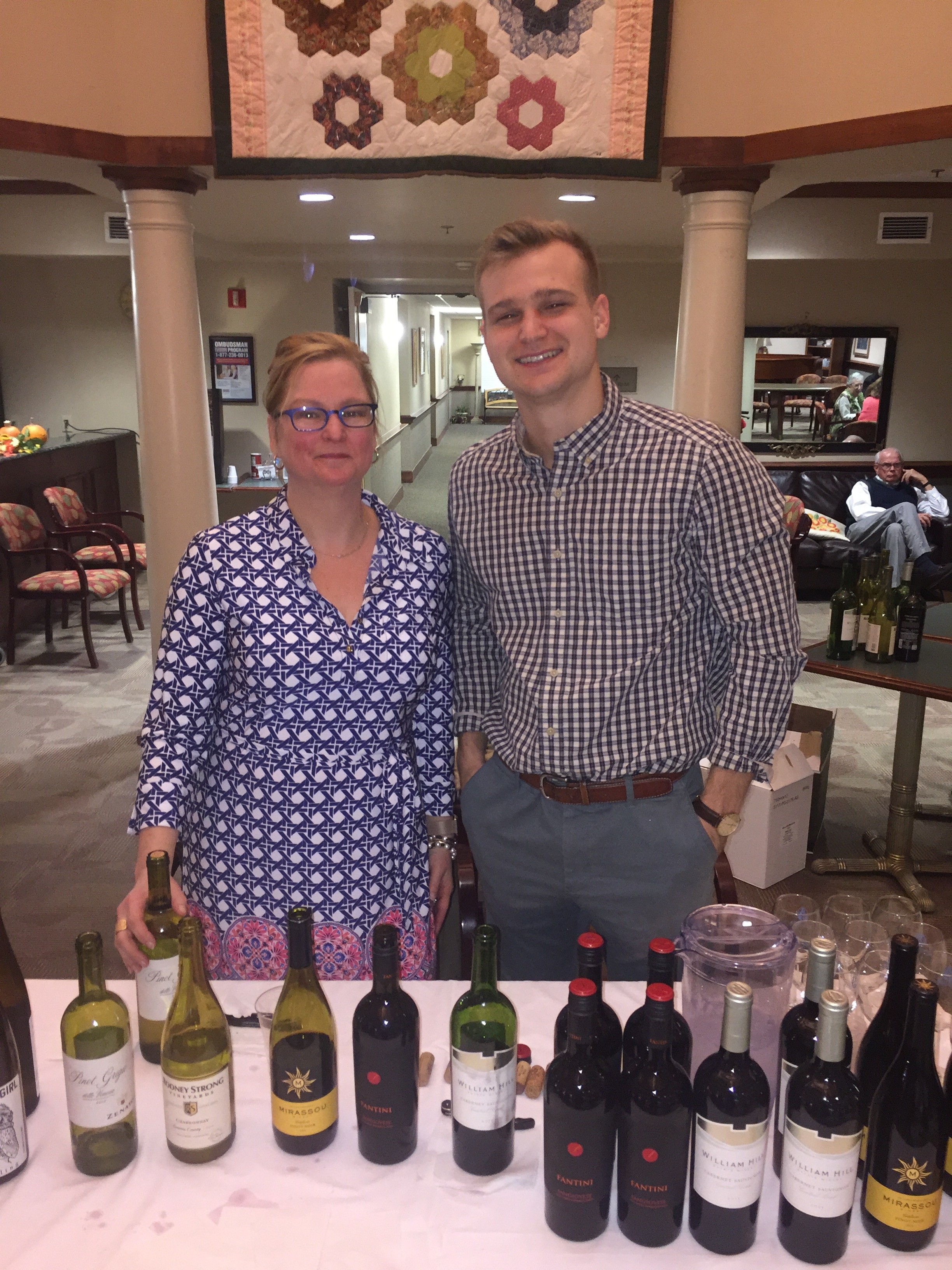 Michael Donahue
Michael Donahue
Elizabeth Mall and Trace Austin at Ave Maria Home’s annual Wine Tasting and Art Show,
Almost $10,000 was raised at Ave Maria Home’s annual Wine Tasting and Art Show, which was held November 18th.
A total of 150 people attended. Wines were from Bill Lucchesi of Empire Distributors and food from area restaurants and food purveyors.
Art was from about 40 local artists.
Proceeds will benefit programs and services for residents of Ave Maria.
 Michael Donahue
Michael Donahue
Connie Dismukes at Ave Maria Home’s annual Wine Tasting and Art Show,
Proceeds will benefit programs and services for residents of Ave Maria.
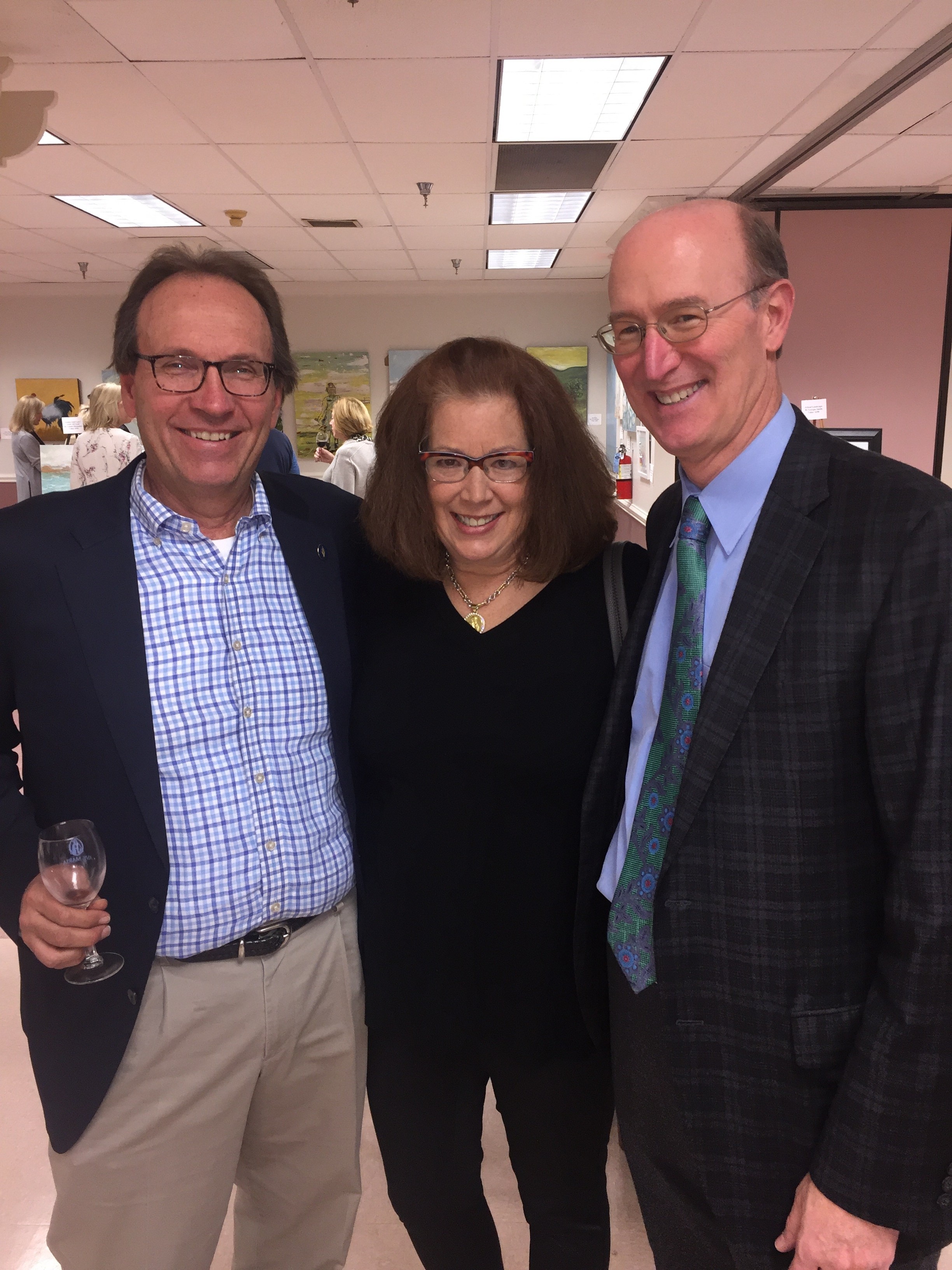 Michael Donahue
Michael Donahue
Ave Maria Board Member David Dahler and Amy Dahler with Frank Gattuso
…………………
 Michael Donahue
Michael Donahue
Memphis Blues rugby team captain John Elmore attended the Memphis Rugby Hall of Fame dinner with Chloe Johnson.
Dr. Wally Dyke, Jimmy Fant, and Marc Holley were inducted into the Memphis Rugby Hall of Fame at a dinner, held November 14th at Germantown Country Club.
The Memphis Rugby Foundation hosted the event. Guests included anyone who has been involved in or supported Memphis rugby over the years. And that included friends and fans.
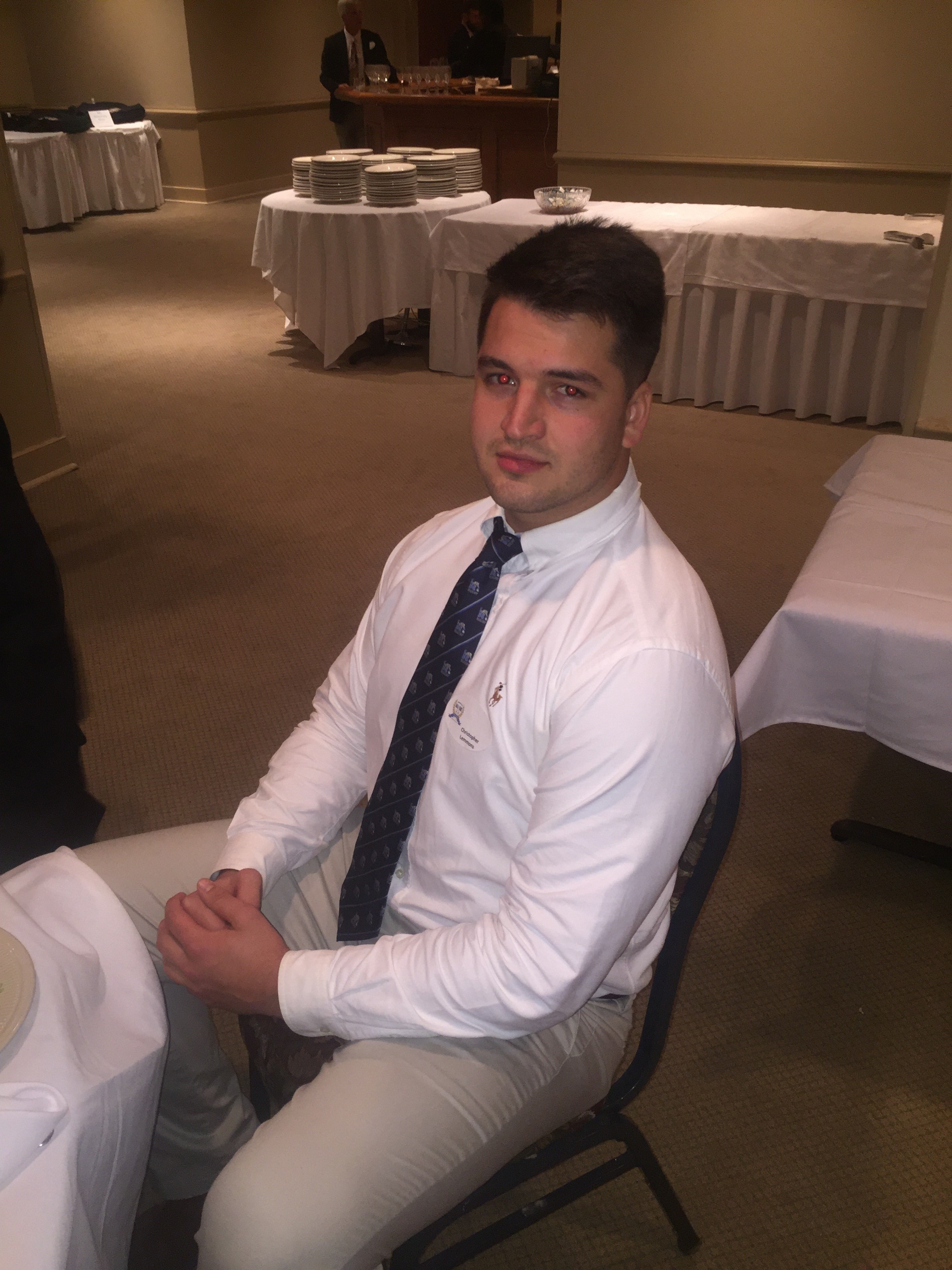 Michael Donahue
Michael Donahue
Memphis Blues player Chris Lemons was at the Memphis Rugby Hall of Fame dinner.
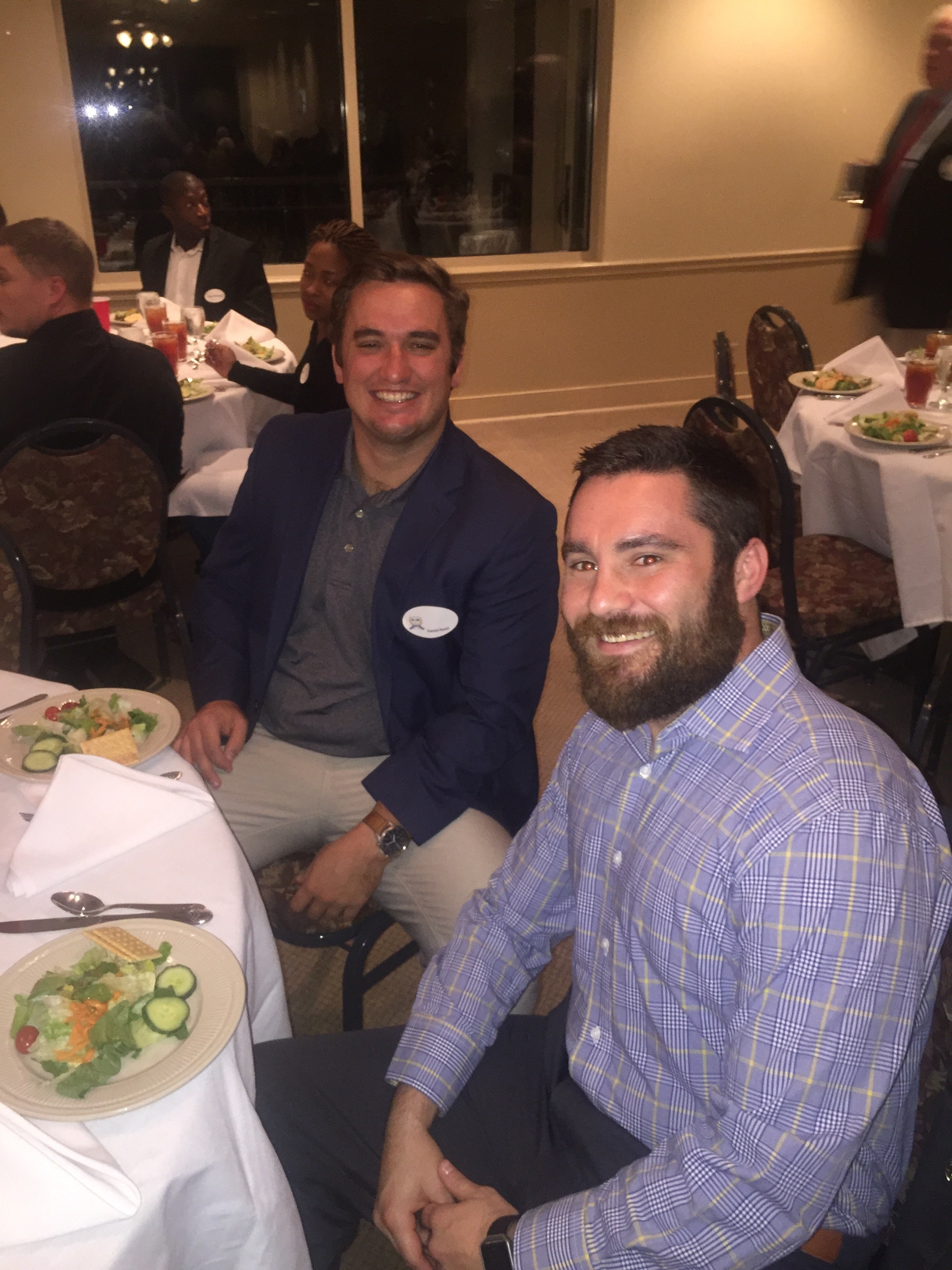 Michael Donahue
Michael Donahue
Memphis Blues players Daniel Hyatt and Rob Reetz were at the Memphis Rugby Hall of Fame dinner.
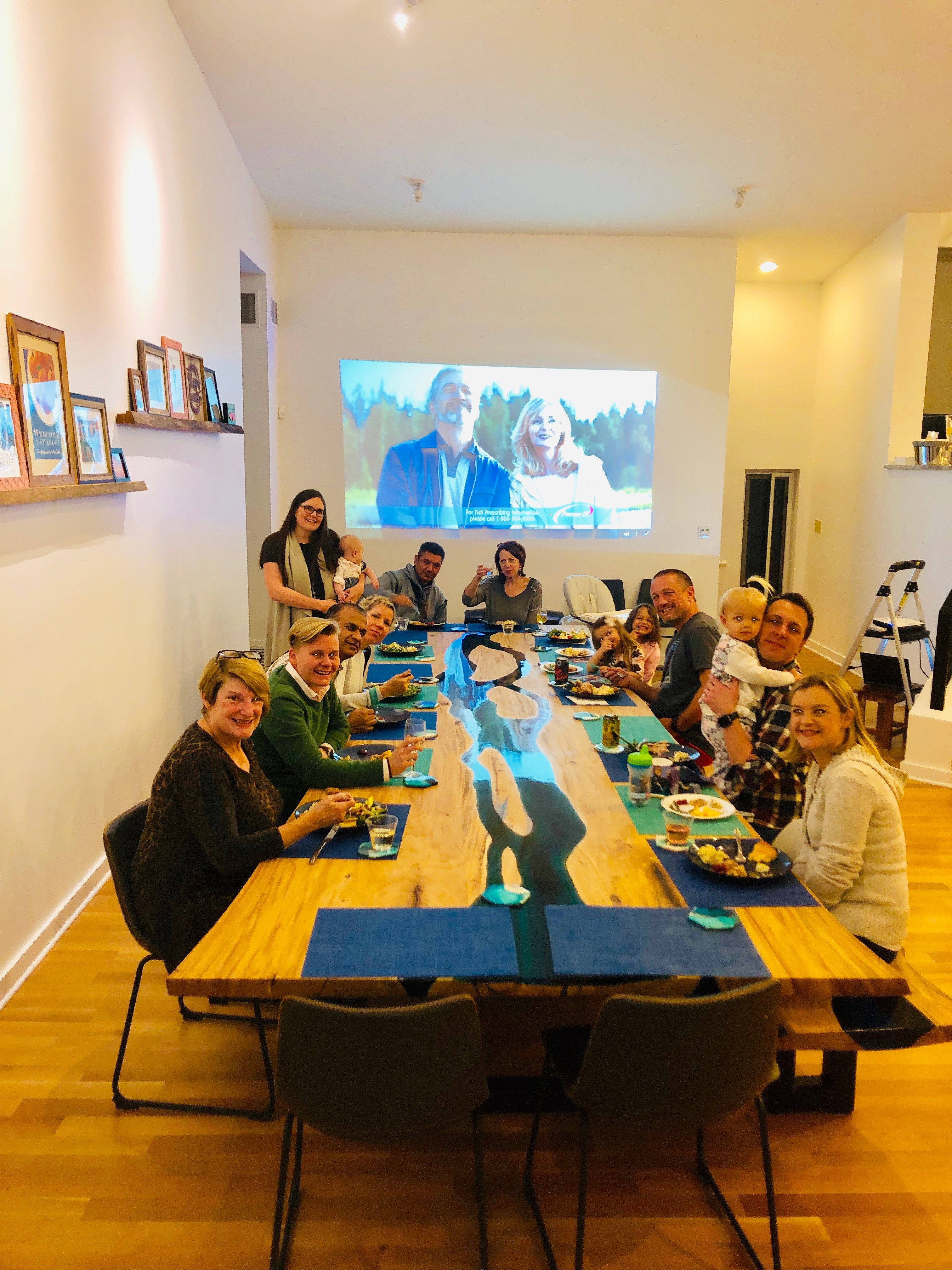 Fara Captain
Fara Captain
Orphan’s Thanksgiving a. k. a. Funky Socks party
Speaking of rugby, Memphis Blues player Chris Claude and his wife, Fara Captain, held their Orphans Thanksgiving a.k.a. Funky Socks party on Thanksgiving at their home.
The invitation read, “Wear your funkiest socks (since we have a leave your shoes downstairs rule).”
This was a “new version” of their Orphans Thanksgiving, which is a tradition for their friends who don’t have family nearby to celebrate the holiday with, Claude says. They ask people to bring a dish from their traditional family Thanksgiving. “You get to experience a little bit of everybody’s Thanksgiving,” he says. “Different stuffings. Different side dishes. Different pies.”
The “Funky Socks” idea came about because at past events people were asked to leave their shoes downstairs. “People felt awkward about their socks. Some people had holes in their socks. We said, ‘Why not next time do it as a ‘funky sock’? Make sure everybody has socks that are okay to show everybody. Make sure everybody has socks that are fun to see.”
So, what kind of socks did Claude wear? “I had my Father’s Day socks my wife gave me, which had a picture of my daughter on my socks and said, ‘I love you Daddy.’”
………….
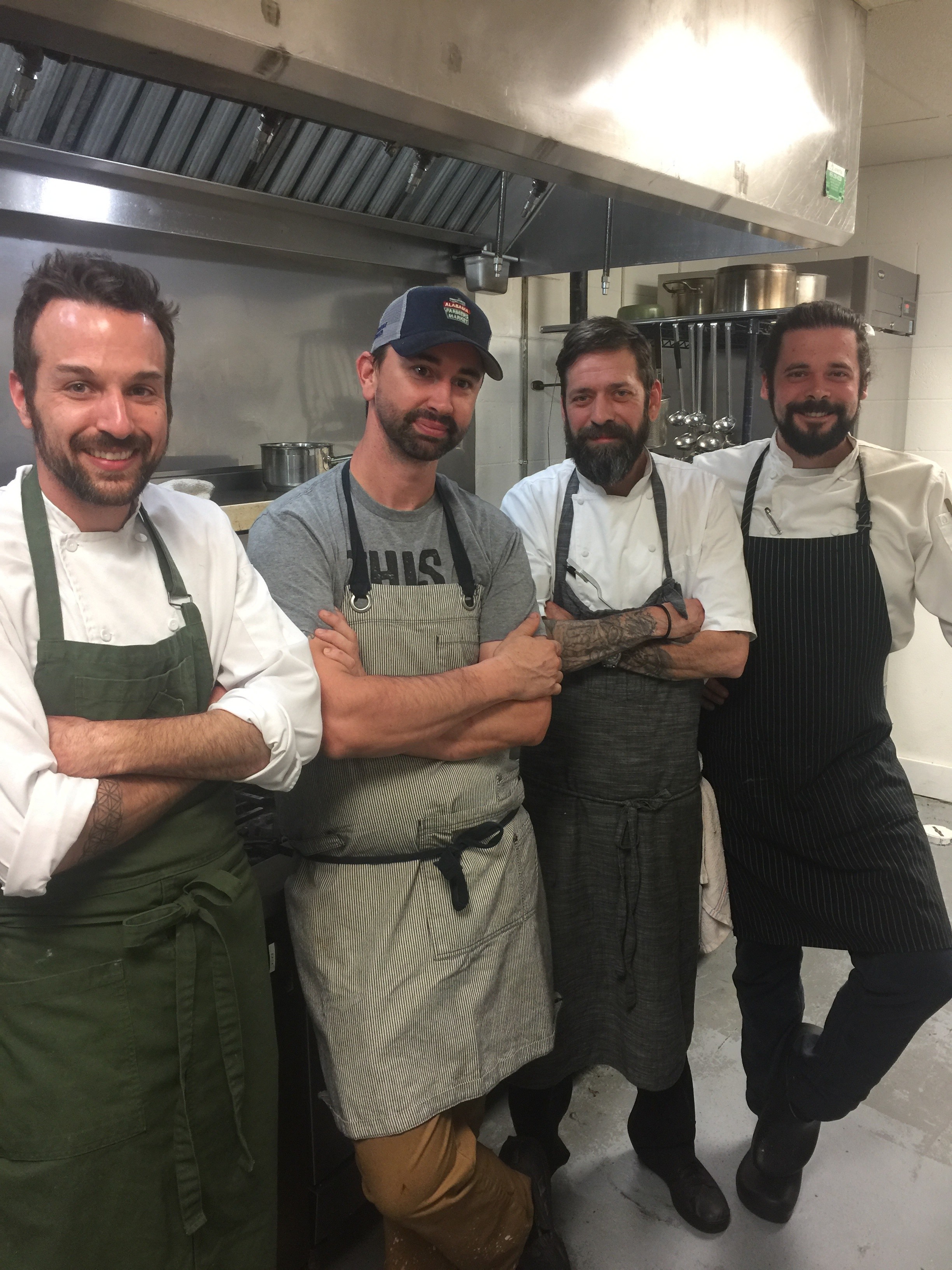 Michael Donahue
Michael Donahue
Zach Thomason, Jimmy Gentry, David Krog and Keith Clinton at Gallery 7 dinner.
Multi-course meals sometimes can be long and tedious, but the Gallery dinner I participated in at the new P.O. Press restaurant in Collierville was a lot of fun. Great group of people at the event, which was held October 21st. These are the dinners hosted by chef David Krog and his wife, Amanda. Helping him in the kitchen were the restaurant’s chef Jimmy Gentry and Zach Thomason and Keith Clinton.
The dinner included scallop with mustard seeds and speck smoke and shrimp mousse and duck breast confit. Dessert was a vanilla panna cotta. I could have eaten three or four more of them.
The next one will be held in January at 64 South Main, Krog says.
 Michael Donahue
Michael Donahue
Carol Ann Jordan and Daniel Szymanek at Gallery 7 dinner.
 Michael Donahue
Michael Donahue
MIchael and Britney Christie at Gallery 7 dinner.
 Tennessee Valley Authority
Tennessee Valley Authority 

 Tennessee Valley Authority
Tennessee Valley Authority 


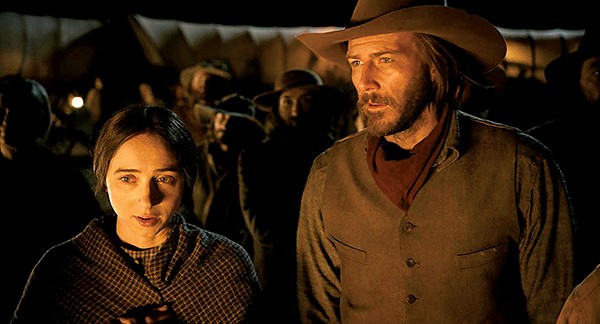
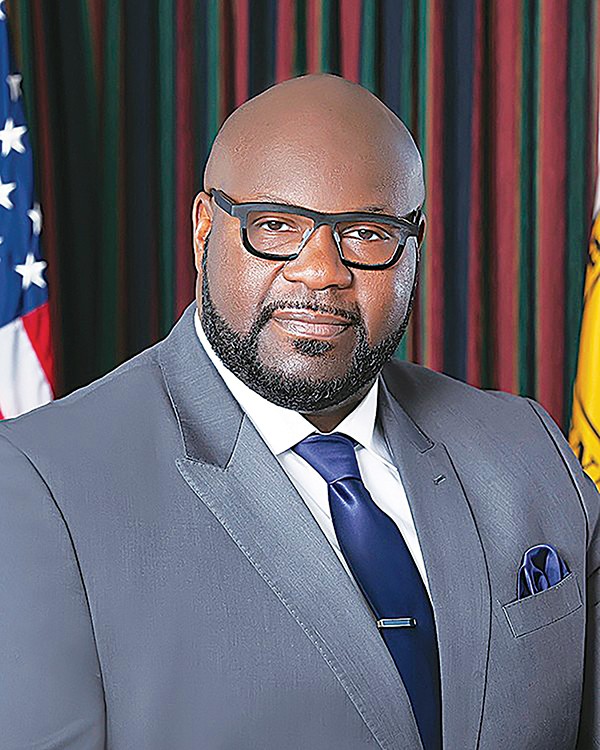

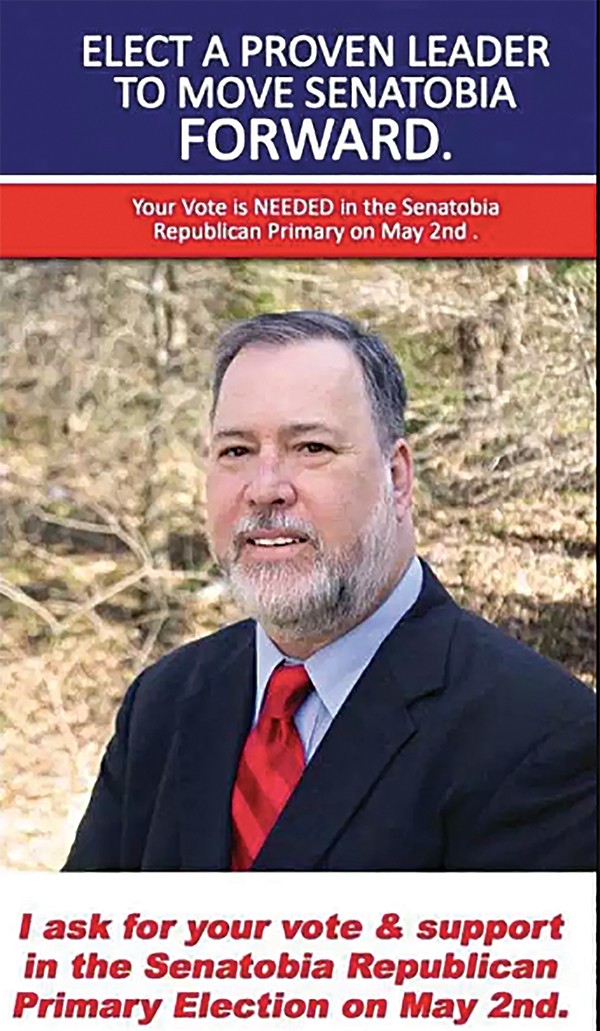


 Justin Fox Burks
Justin Fox Burks